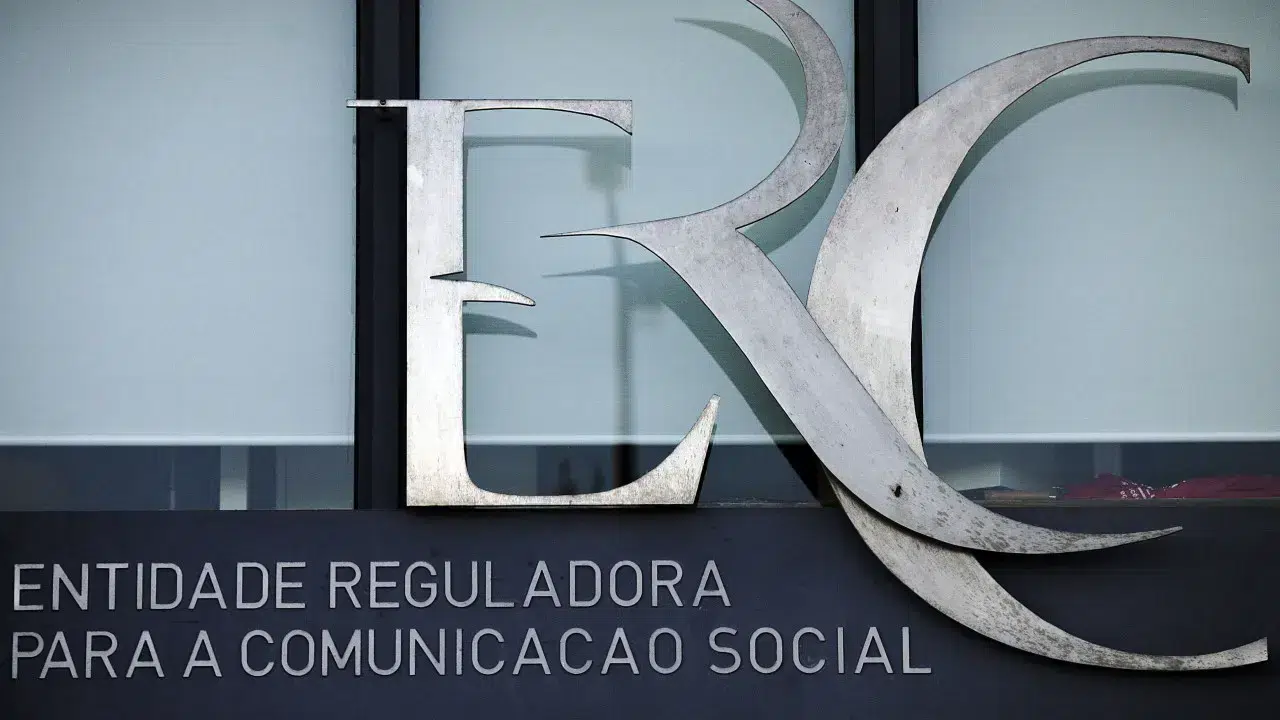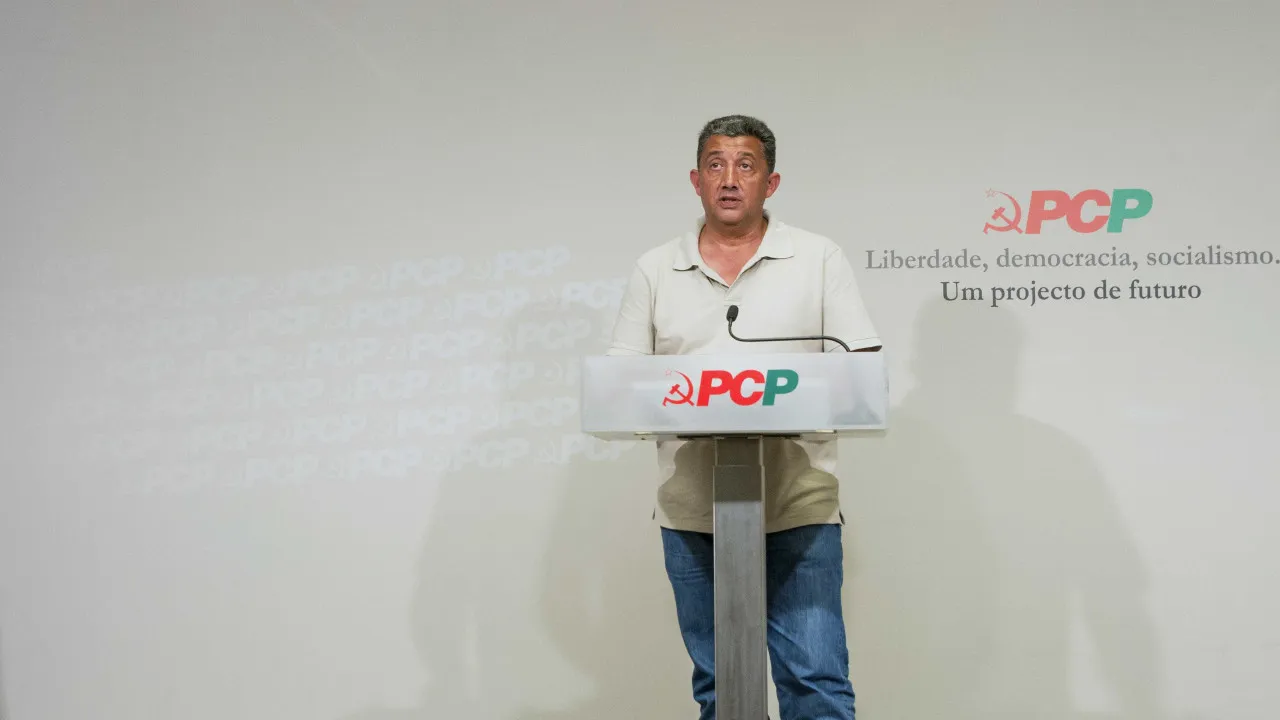
The communist parliamentary group has issued a formal inquiry to the Minister of Infrastructure and Housing, Miguel Pinto Luz, and the Minister of Labor, Solidarity, and Social Security, Maria do Rosário Palma Ramalho. The group argues that workers serving the CP (Portugal’s national railway company) should have direct employment ties with the public entity, rather than being shifted between companies based on concession changes.
The latest issue involves Itau, S.A., a concessionaire allegedly refusing to honor the terms outlined in the existing company agreement with the workers’ representative syndicate, FESAHT.
The communist deputies state that due to this refusal, workers are forced to work longer hours than legally allowed, are not properly compensated for weekend work, and are paid less than the stipulated amounts for meal allowances, seniority bonuses, responsibility bonuses, and transport allowances as per the collective labor agreement.
According to the communist party, this situation has persisted since April, with the company openly communicating its non-compliance to the workers — a fact reported to the Labor Conditions Authority (ACT) on April 10 and reiterated on June 2.
The union visited the ACT on Wednesday seeking clarification. Workers’ representatives report that the ACT explained it hadn’t had sufficient time in two months to take necessary actions regarding the company, despite being informed by the union about the company’s declared intention to disregard the agreement.
The PCP emphasizes this is an “unacceptable situation affecting 130 workers and their families” and insists that the PSD/CDS-PP executive “cannot shy away from responsibility for these happenings.”
The communist group demands to know if the Government is aware of the “repeated and intentional non-compliance with the Company Agreement by the CP bar concessionaire” and what measures are being implemented to ensure the agreement’s enforcement.
They criticize ACT’s response, questioning if it is acceptable for the authority to claim that two months is insufficient time to address a company’s communication of its intent to ignore the Company Agreement, and inquire about actions taken or planned by the executive “to urgently resolve” the issue.




